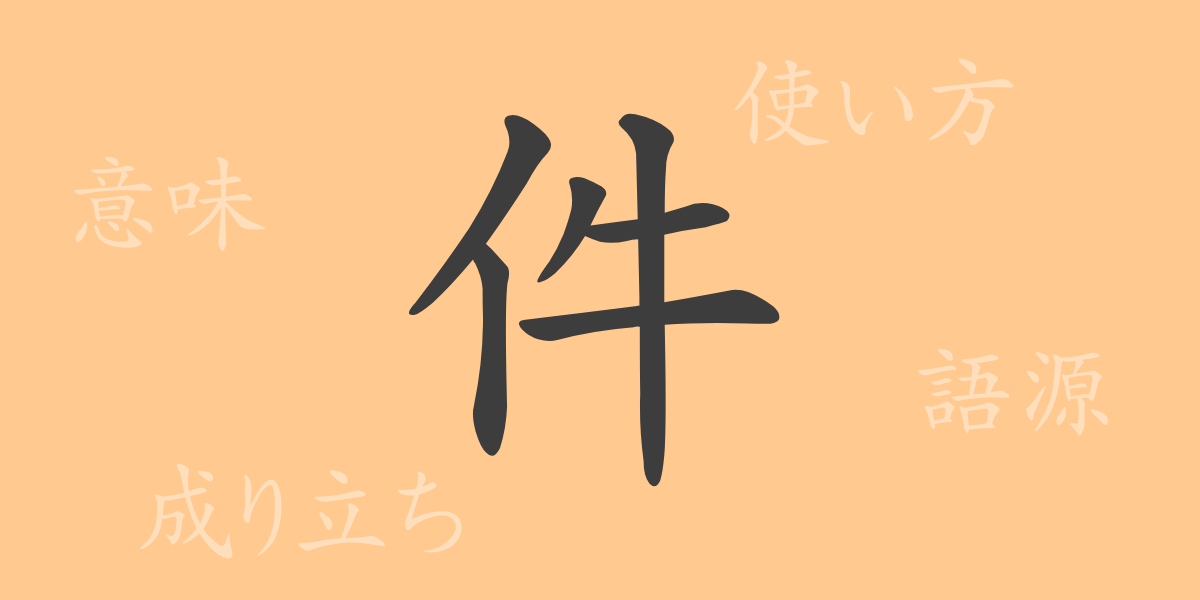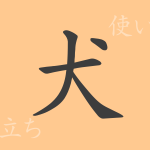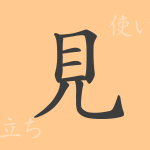Japanese contains many kanji, each with its own history and meaning. One of the commonly used kanji, “件” (けん, ken), is a versatile character used widely from business to everyday conversation. This article delves into the origins and modern usage of “件” (けん, ken), exploring its fascinating aspects.
Origin of 件
The kanji “件” (けん, ken) originated in ancient China. Initially, it combined the pictographic character “牛” (うし, ushi), meaning “cow,” with the radical “亻” (にんべん, ninben), representing a person. This combination originally depicted a person tending to a cow, and it evolved to signify an item or matter. Over time, “件” (けん, ken) came to mean things, incidents, and items.
Meaning and Usage of 件
In modern Japanese, “件” (けん, ken) is primarily used to refer to matters, incidents, or items. For instance, “一件落着” (いっけんらくちゃく, ikken rakuchaku) means “a matter is settled,” and “件名” (けんめい, kenmei) refers to the subject of a letter or email. In business contexts, “件” (けん, ken) frequently appears to denote transactions or cases.
Readings, Stroke Count, and Radical of 件
The kanji “件” (けん, ken) has several readings, with “ケン” (けん, ken) being the most common on’yomi (音読み). It does not have a kun’yomi (訓読み).
- Readings: On’yomi – ケン (けん, ken)
- Stroke count: 6 strokes
- Radical: 人偏 (ひとえ, hitoe), the person radical
Idioms, Proverbs, and Phrases Using 件
There are many idioms, proverbs, and phrases that include “件” (けん, ken). Here are a few examples:
- 一件落着 (いっけんらくちゃく, ikken rakuchaku): A matter is completely resolved.
- 件の定 (くだんのさだめ, kudan no sadame): An established matter or rule.
- 前件 (ぜんけん, zenken): The previously mentioned matter.
- 後件 (こうけん, kouken): The following matter.
- 無理のない件 (むりのないけん, muri no nai ken): A natural, reasonable matter.
Conclusion About 件
The kanji “件” (けん, ken) is an essential part of Japanese communication, enriched by its various meanings and uses. From business documents to everyday conversations, “件” (けん, ken) seamlessly integrates into our lives. Understanding the diverse expressions of this single character enhances our grasp of the Japanese language. Through this article, we hope to deepen your knowledge of “件” (けん, ken) and help you achieve richer language expressions.

























